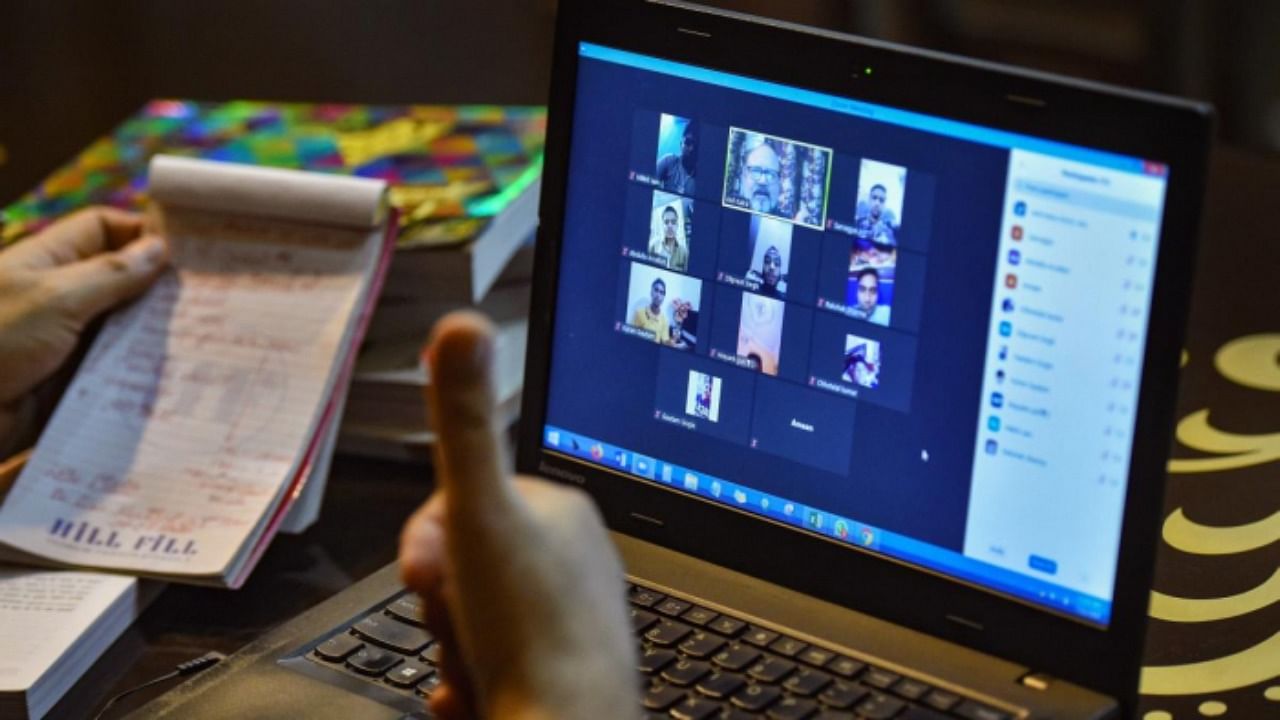
While a 14-year-old boy at Idukki district in Kerala recently ended his life reportedly after his parents scolded him for playing online games too much, parents of a 12-year-old girl from North Kerala are seeking the help of child psychiatrists to save the girl from addiction to on online music portal.
Online education has become the new normal during the Covid-19 pandemic and with it, parents face a tough challenge to ensure that their children are using the internet moderately and appropriately.
Many ill effects of excessive use of mobile phones, including instances of pornographic materials being sent to girls to lure them were also reported in the state recently.
In an incident, a minor girl was regularly absent in online class and when teachers enquired with her family they came to know that her parents damaged their mobile phone after she was seen accessing obscene contents sent by her lover.
In Kollam district, a mother of two teenagers had to stage a bid to end life alleging police inaction against those who sent pornographic materials to her children's mobile phone.
Police and child psychiatrists who deal with such cases said that as online education becoming the lone mode of education, most parents were finding it difficult to regulate the internet usage of children. Students frequently demand recharging of internet packages and also spend long hours in front of computers and mobile phones, all in the name of e-learning.
Also read: E-education, if well utilised, can reduce inequalities in educational outcomes: Economic Survey
Online classes have also become an excuse for students to surf the internet by keeping doors closed. Smartphones or computers have become essential commodities for all students, right from the primary classes. All these factors are contributing to the increasing instances of children falling in the wrong tracks.
Child psychiatrist and additional professor of paediatrics at the Thiruvananthapuram Medical College Dr R Jayaprakash said that there was a spurt in the instance of screen addiction after digital learning became the new normal.
Most of the students who fell into such traps were those depending on recorded classes. While the options of interactions make live online classes more attractive, listening to recorded digital classes often tend students to go in search of other options like online games, music or pornography.
He said that a child should ideally undergo digital learning only for a maximum of three hours a day and there should be breaks after every 30 to 45 minutes. Teachers should also ensure that the classes are more interactive and lively.
He also said that since digital learning would be the key learning option in future, stress needs to be given to equipping the students to defend themselves from falling into wrong tracks. Hence training sessions for students on these aspects should be also made part of the digital learning curriculum.